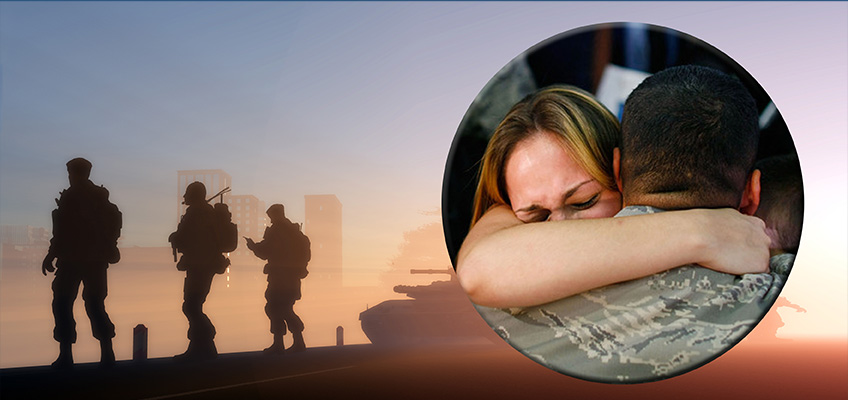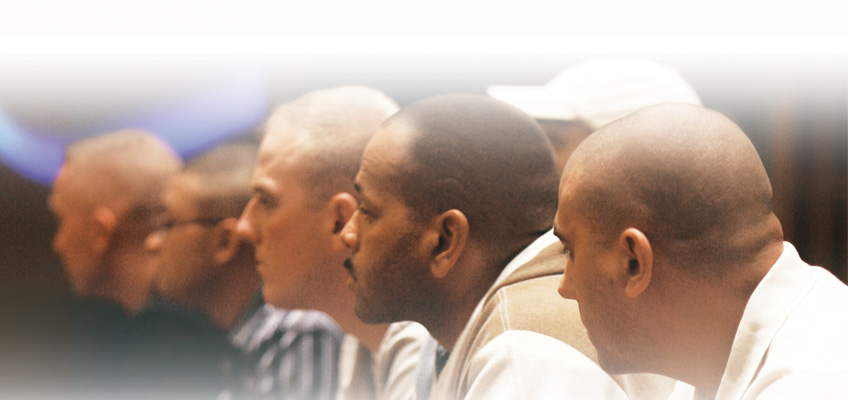Get Access to our Latest Ideas & Research on Heart Intelligence
Learn practical solutions for expanding heart connections, accelerating personal growth and transforming stress into greater energy, better health and a more fulfilling life.
Learn practical solutions for expanding heart connections, accelerating personal growth and transforming stress into greater energy, better health and a more fulfilling life.

HeartMath is teaching thousands of personnel in the U.S. Armed Forces how to use its science-based tools and technology to self-regulate their emotions and build energy and resilience, whether they are awaiting deployment or are in theater.
Continue reading
Moving frequently is cited as one of life’s greatest stressors, especially for children, but for military families, who typically can expect to move an average of every three years, the effects are magnified.
And yet, moving is only one of many stressors that affect military families, particularly in times of war, when fathers and mothers deploy to combat zones and are liable to be away from loved ones for as much as an entire year.
Continue reading
The physical dangers and mental and emotional stress that the nation's servicemen and women face in Iraq, Afghanistan and other trouble spots are well chronicled daily in the press. The hardships of those they leave behind garner far less attention, though they can be equally stressful and lead to chronic anxiety, depression and other illnesses as well as threaten family stability.
Continue reading
Licensed clinical social worker Travis Slonecker works at the Fort Knox Army installation in Kentucky, where he is a civilian contractor working with returned combat veterans diagnosed with post-traumatic stress disorder (PTSD) and traumatic brain injury (TBI). He related an experience in which HeartMath technology, provided through the HMI’s Military Service Appreciation Initiative, was able to help one particular soldier in a unique way.
Continue reading
From time immemorial, war has exacted a huge emotional toll on its participants. Although our understanding of the psychological impact of warfare has increased greatly over the past century and methods for treating combat-related psychological illnesses have become increasingly sophisticated, American troops on the front lines of the war in Iraq and Afghanistan are in many ways like the Greek hero Theseus trying to slay the Minotaur as they look for a way out of the labyrinth of psychological challenges they face.
Continue reading